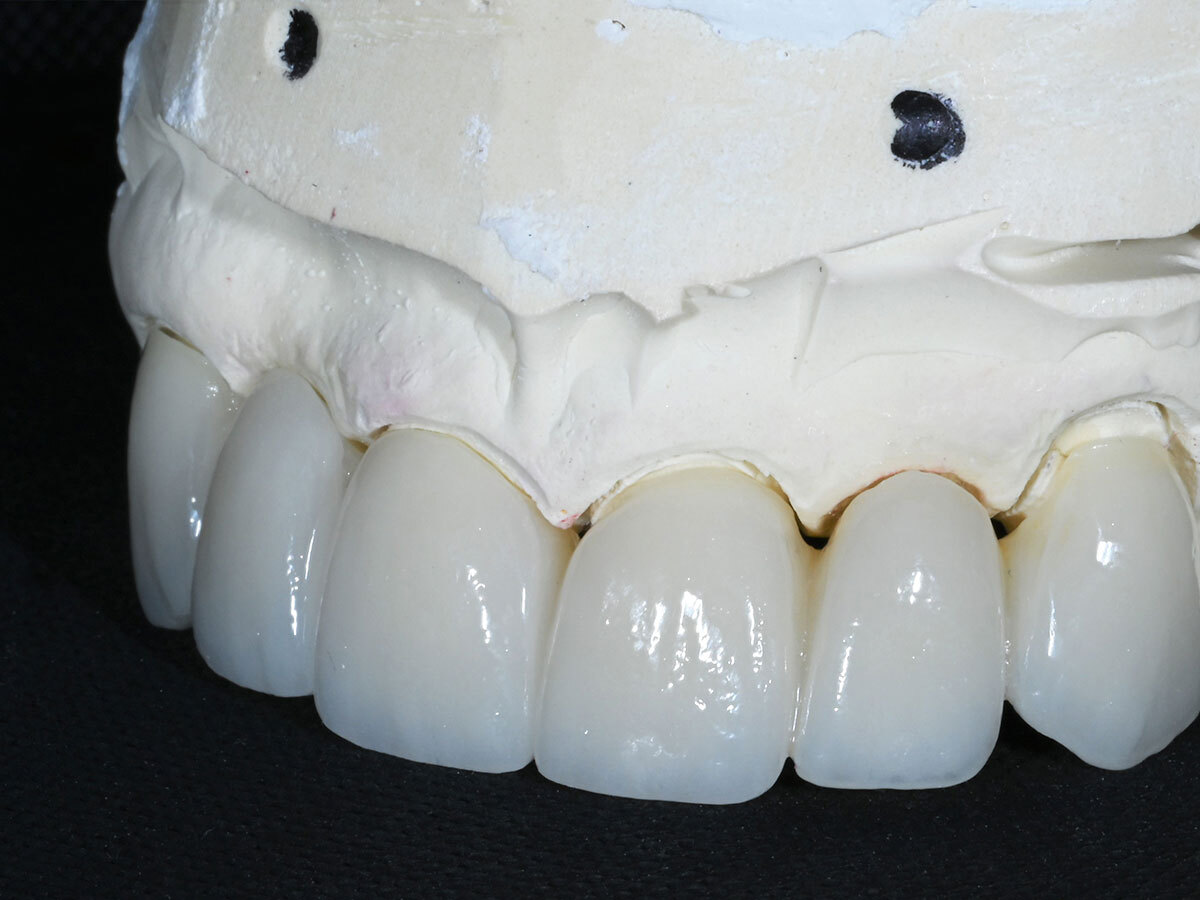
CROWNS & BRIDGES
It is best to refrain from eating for at least two hours or until the anesthesia has worn off to prevent possible injury to your soft tissue.
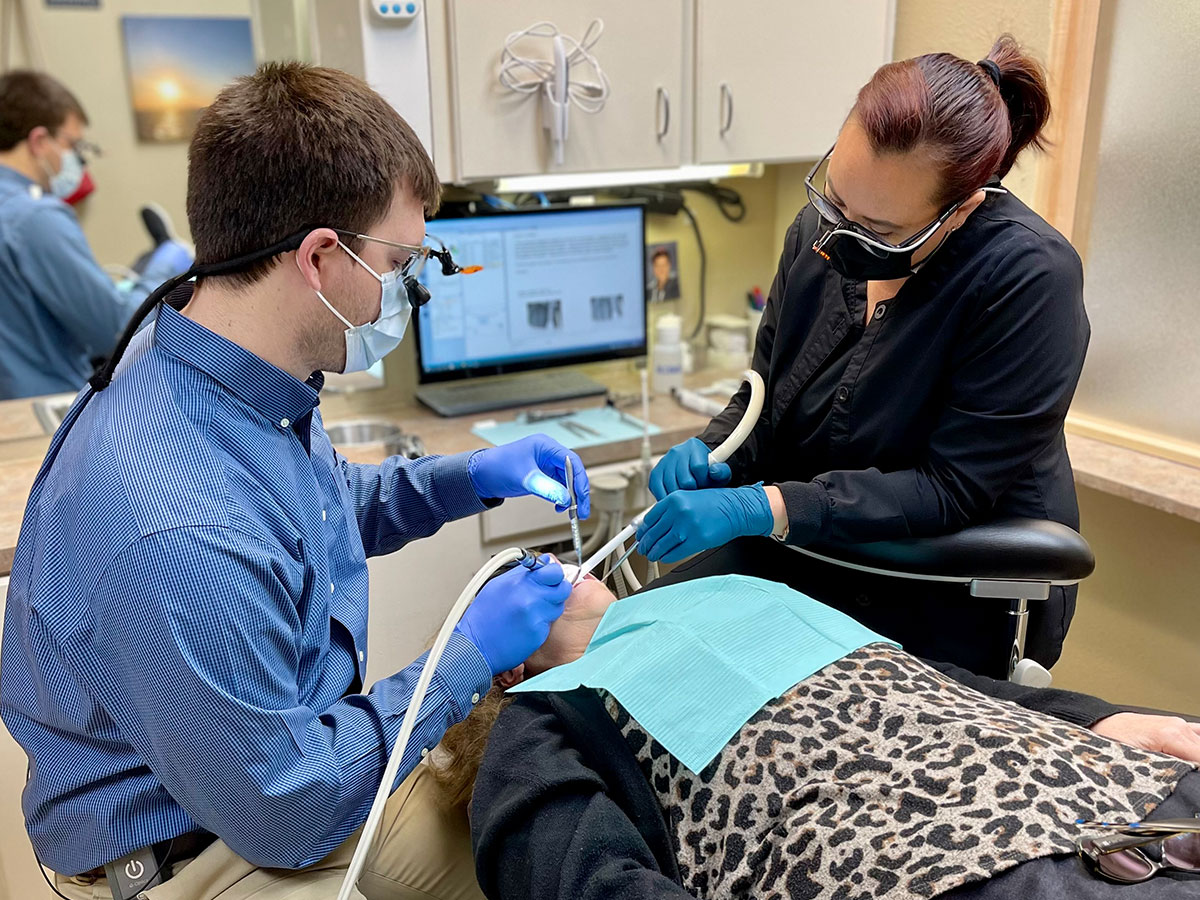
WHITE FILLINGS (BONDING)
It is best to refrain from eating for at least 2 hours and until the anesthesia has worn off to prevent possible injury to your soft tissue.

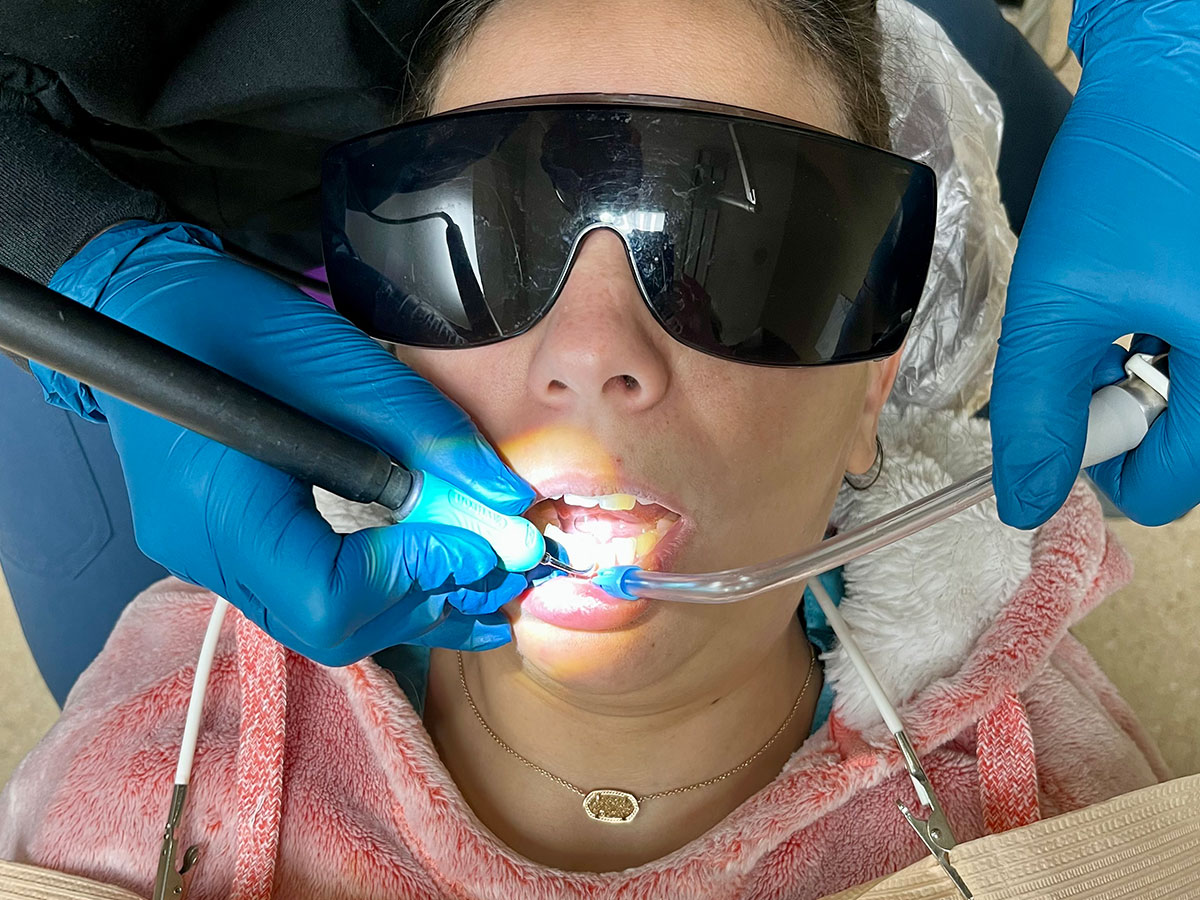
SCALING & ROOT PLANING
After your scaling or root planing, it is best to rinse your mouth 2-3 times per day with warm salt water (1 teaspoon salt and 8 oz. water). You should start home care immediately, although you should be extremely gentle with the treated areas.
If you feel discomfort in the gums where you had treatment, ibuprofen or acetaminophen may be taken. The treated areas will probably be sensitive to hot and cold. It is best to refrain from eating any hard or chewy foods for the next 48-72 hours as the treated area begins to heal.
You may also experience some swelling or jaw stiffness. If this does occur, you can place a cold compress on the swelling or a hot towel on the stiffness.
Smoking should be terminated for a period of 48-72 hours following these procedures. Please contact the office if the pain or swelling persists.
Trusted, Friendly Dentistry Services
Our team is ready to meet you, and we’re here to walk alongside you and be your trusted resource for a healthy smile. Whether you’re visiting us for a routine checkup or to address a significant dental concern, we’re ready to welcome you to the Barry Road family. Contact us today to schedule an appointment with our team!
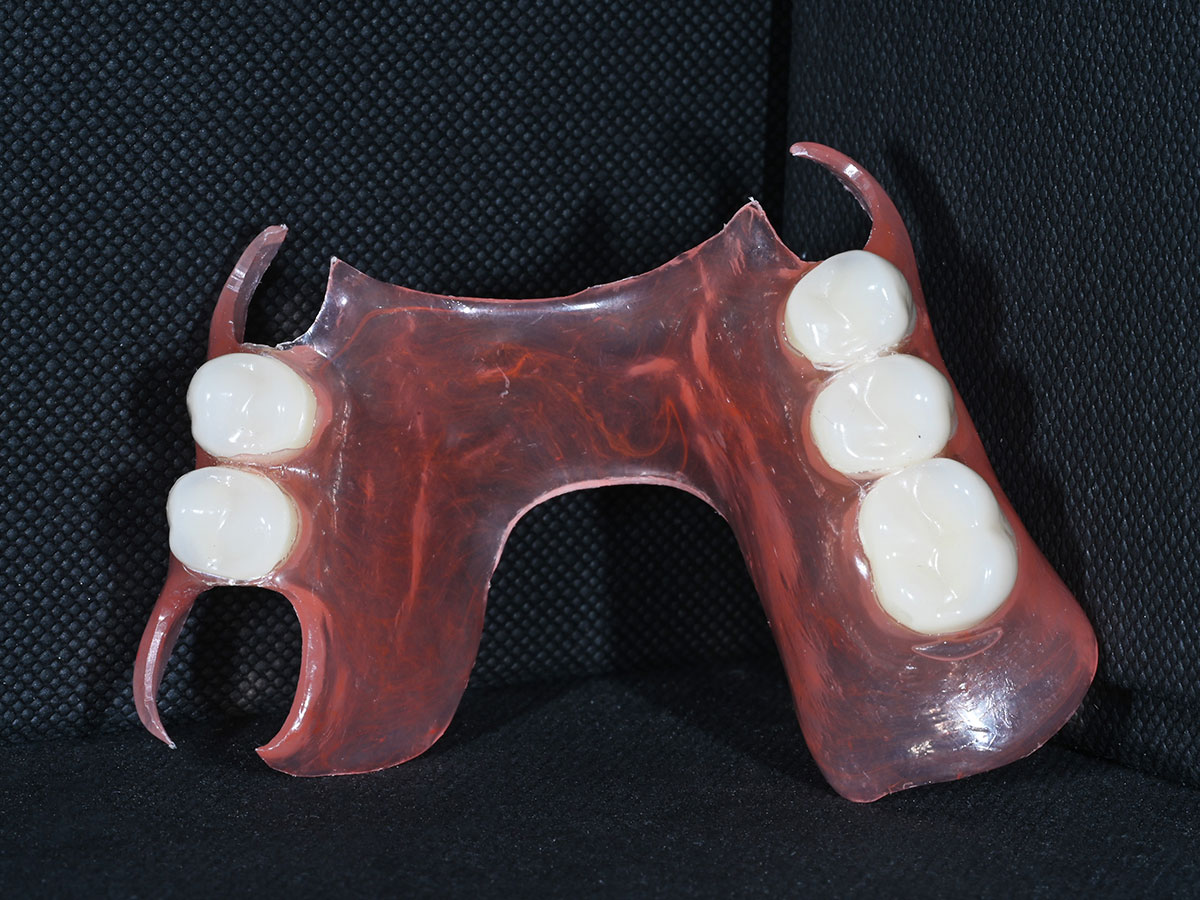
DENTURES & PARTIALS
New dentures always require a period of adjustment. First-time denture patients may require several weeks to get used to their new appliance.
For the first few days, you should wear your dentures as long as possible and chew soft food in small bites. Remember, dentures do not have the same chewing efficiency as natural teeth and may affect the taste of food. It is not unusual for sore spots to develop in isolated areas of the mouth. If your bite feels uneven after several days, we can adjust your new denture for better comfort. Contact us to arrange the best time for you to come in.
Proper cleaning of your denture is important to prevent stains and bacteria from accumulating on your appliance. It’s best to use a brush designed for dentures as well as a denture cleaner. Do not wear your denture to bed. It is important to allow your gum tissue and jawbone to rest in order to prevent further tissue irritation.
Over time, or with weight loss or gain, the supporting gum tissue and bone may change shape and size. Periodic relines of your denture may be necessary to ensure a retentive fit. Denture teeth may wear or chip over time. For this reason, an annual check of your tissue and denture is recommended yearly.

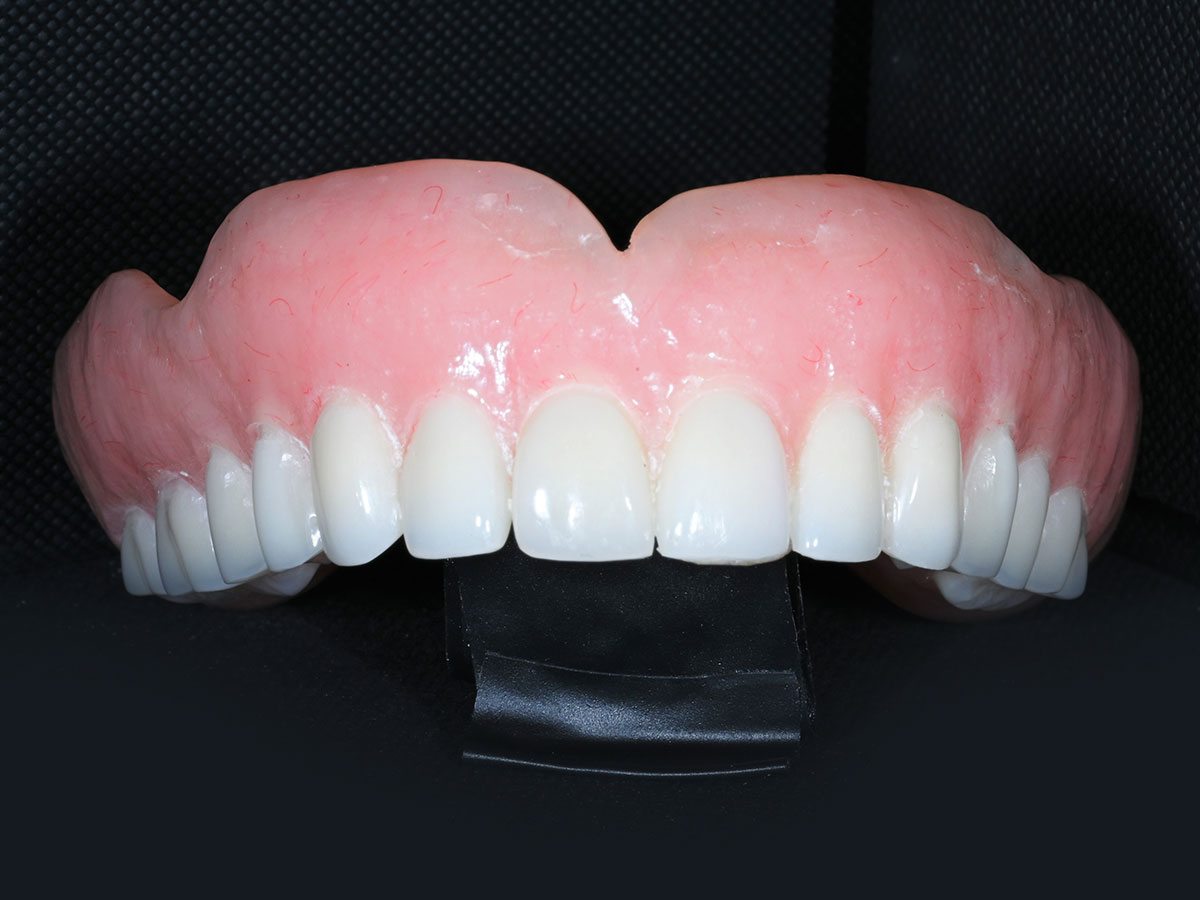
IMMEDIATE DENTURES
For patients wearing immediate dentures – do not remove the denture for the first 24 hours after extractions. Follow all the post-operative instructions for extractions. Remove the denture after 24 hours and clean using the proper care instructions listed above. Your denture will loosen up as your gums and bone heal. At this stage, you will need to come in for a reline appointment for a better fit of the immediate denture.
If you do not wear your partial, immediate, or regular denture for a period of time, you will notice that it will not fit properly. This is due to natural changes that occur to your jawbone. In these cases, relining, rebasing or even new dentures might be recommended.

